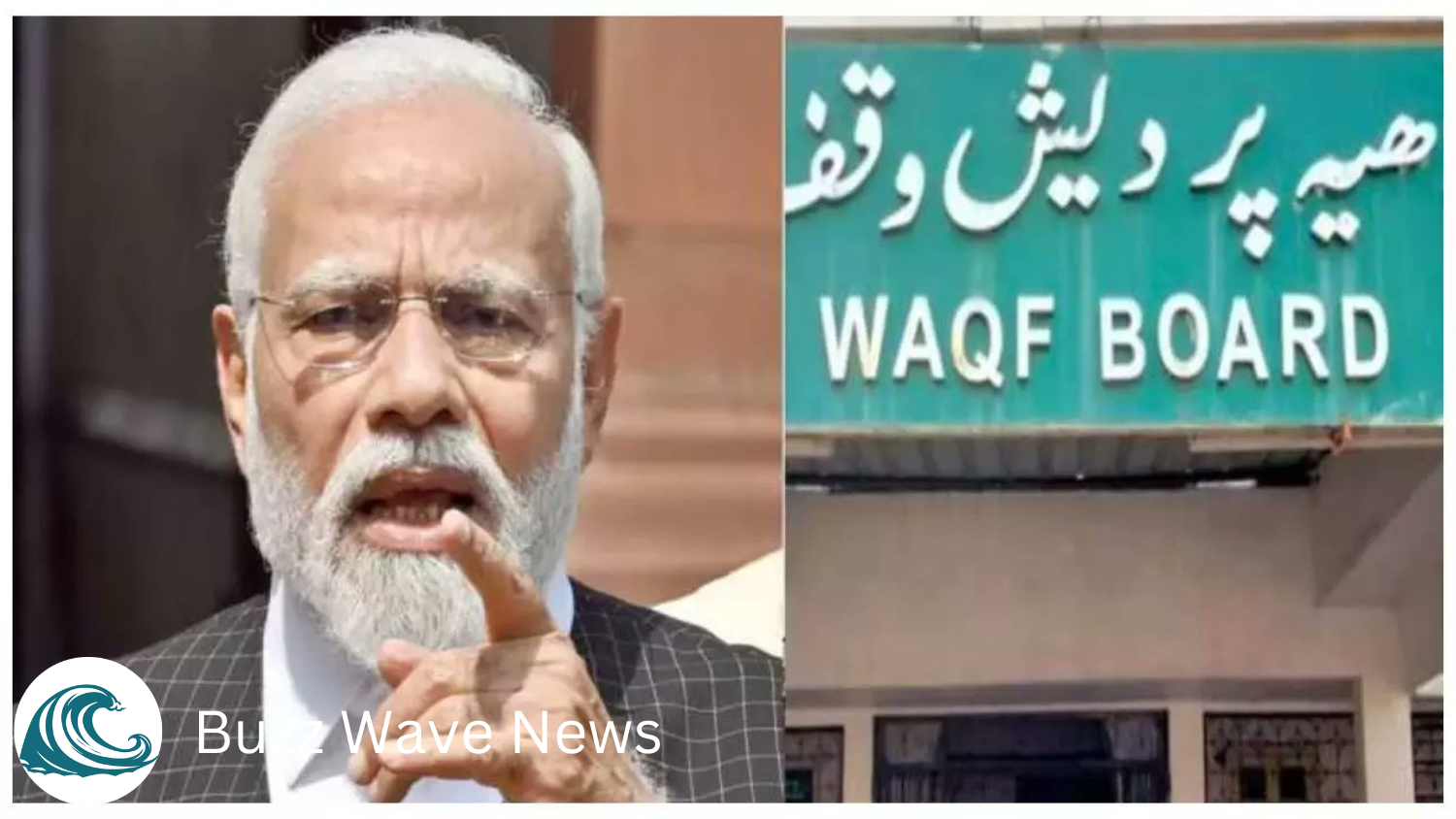In a significant move that could reshape the management of religious properties in India, the government has proposed sending the Waqf (Amendment) Bill to a Joint Parliamentary Panel. This development is poised to stir discussions and potentially lead to pivotal changes in the oversight and administration of Waqf properties, which are lands and assets designated for charitable and religious purposes in the Muslim community.
Understanding the Waqf (Amendment) Bill
The Waqf (Amendment) Bill aims to amend the existing Waqf Act, 1995, which governs the management of Waqf properties across India. The original Act was established to create a framework for the administration of these properties, ensuring they are used effectively for the welfare of the community. However, over the years, various challenges have surfaced, necessitating reforms to enhance transparency and efficiency in the management of these assets.
Key provisions of the amendment include proposed changes to the appointment of Waqf Board members, the process for managing disputes related to Waqf properties, and measures to prevent encroachments and mismanagement. The government believes that these changes will address existing shortcomings and ensure that Waqf properties are used more effectively for their intended charitable purposes.
What is the role of the Joint Parliamentary Panel in the Waqf (Amendment) Bill process?
The decision to refer the Bill to a Joint Parliamentary Panel underscores the government’s commitment to thorough scrutiny and bipartisan discussion. A Joint Parliamentary Panel consists of members from both houses of Parliament—the Lok Sabha and the Rajya Sabha—and is tasked with examining the details of the Bill, gathering opinions from various stakeholders, and suggesting modifications if necessary.
By forwarding the Waqf (Amendment) Bill to this panel, the government aims to foster a more comprehensive review process. This step is intended to ensure that the Bill is meticulously analyzed from multiple perspectives and that any concerns or suggestions from different quarters are considered before it becomes law.
Reactions and Implications
The proposal to send the Bill to a Joint Parliamentary Panel has elicited a range of reactions from various stakeholders. Community leaders, Waqf Board members, and legal experts are closely monitoring the developments, each with their own perspectives on the potential impact of the proposed amendments.
- Community Leaders: For many leaders within the Muslim community, the amendment is seen as a positive step toward improving the management of Waqf properties. They hope the Bill will lead to greater transparency and accountability in the administration of these assets, which have historically faced issues such as mismanagement and encroachment.
- Waqf Board Members: Members of Waqf Boards across the country are cautiously optimistic. They recognize the need for reform but are keen to see how the Bill addresses practical issues on the ground. Their primary concern is whether the proposed changes will genuinely improve the current system or merely add layers of bureaucracy.
- Legal Experts: Legal experts and scholars are scrutinizing the Bill’s provisions to assess their potential impact on existing laws and practices. They are particularly interested in how the Bill will address the issue of property encroachments and ensure that the administration of Waqf assets adheres to legal standards.
What is Historical Context and Need for Reform?
The Waqf Act of 1995 was a significant legislative effort to provide a structured approach to managing Waqf properties. Despite its intentions, the Act has faced criticism over the years for its implementation and the effectiveness of its provisions. Problems such as delayed appointments of Board members, lack of uniformity in management practices, and inefficiencies in addressing disputes have prompted calls for reform.
In recent years, reports of encroachments and misuse of Waqf properties have highlighted the need for a more robust framework. The proposed amendments aim to address these issues by introducing measures to enhance oversight, streamline administrative processes, and safeguard the interests of the Waqf institutions and their beneficiaries.
What are the potential challenges and considerations for the Waqf (Amendment) Bill?
As the Bill moves through the legislative process, several challenges and considerations must be addressed:
- Consensus Building: Achieving consensus among various stakeholders, including political parties, community leaders, and Waqf Board members, will be crucial. The Joint Parliamentary Panel’s role will be pivotal in facilitating discussions and addressing concerns to build a broad-based agreement.
- Implementation: Effective implementation of the proposed amendments will be key to their success. The Bill’s provisions must be translated into actionable policies and practices that can be enforced at the ground level.
- Monitoring and Evaluation: Establishing mechanisms for monitoring and evaluating the impact of the amendments will be important to ensure they achieve the desired outcomes. Regular reviews and feedback from stakeholders will help in making necessary adjustments.
What is Looking Ahead?
The government’s proposal to send the Waqf (Amendment) Bill to a Joint Parliamentary Panel marks an important step in the legislative process. It reflects a commitment to thorough review and collaborative decision-making, which are essential for effective governance and reform.
As the Bill undergoes scrutiny and discussion, the focus will be on ensuring that the proposed changes address the key issues faced by Waqf institutions and enhance their ability to serve the community. The outcome of this process will be closely watched by all stakeholders, who are hopeful that the reforms will lead to a more efficient and transparent management system for Waqf properties.
What is the conclusion of the Waqf (Amendment) Bill review?
The Waqf (Amendment) Bill’s journey to a Joint Parliamentary Panel is a testament to the government’s dedication to refining and improving the management of Waqf properties in India. The proposed amendments have the potential to bring about significant changes, but their success will depend on effective implementation and the ability to address the concerns of various stakeholders.
As discussions continue and the legislative process unfolds, it will be essential to maintain a focus on the ultimate goal: ensuring that Waqf properties are managed in a way that benefits the community and upholds the principles of transparency and accountability. The outcomes of this process will shape the future of Waqf property management and have lasting implications for the institutions and individuals they serve.
















1 thought on “Government to Forward Waqf Amendment Bill to Joint Parliamentary Panel 2024”